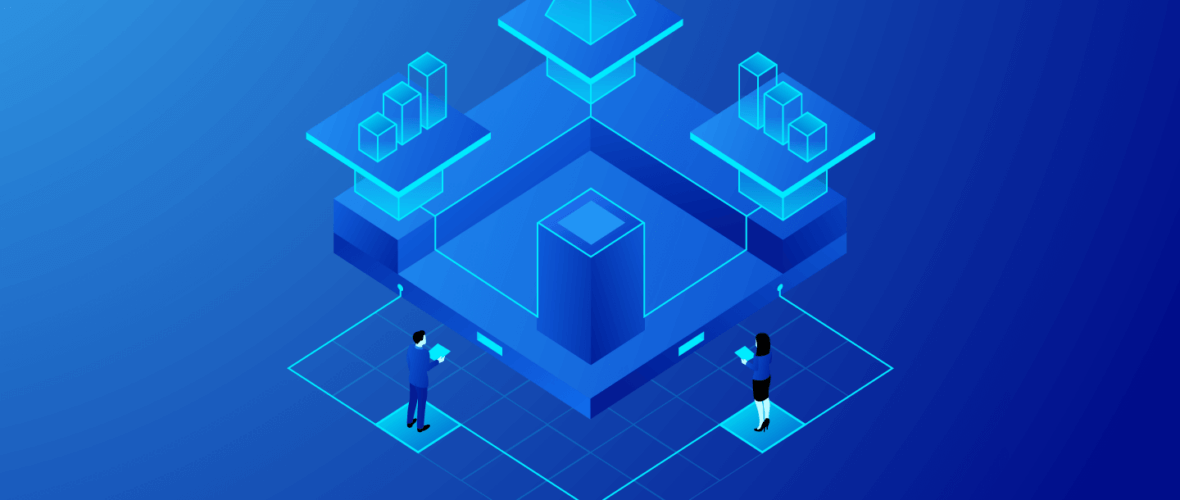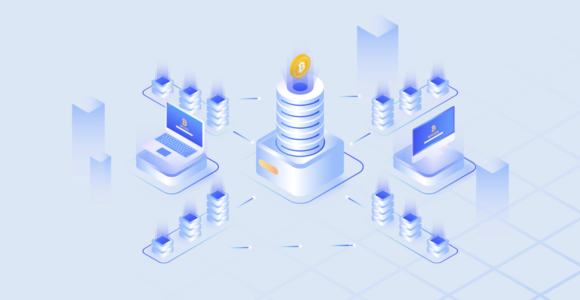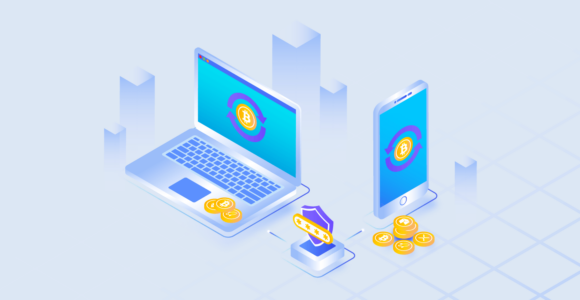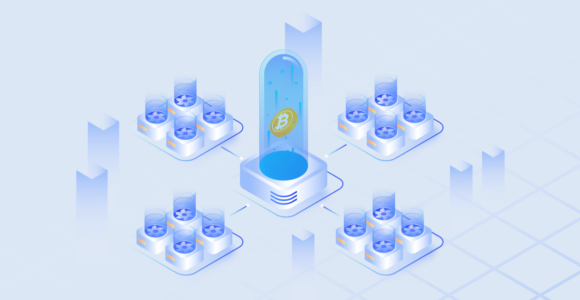A blockchain is a decentralized peer-to-peer database architecture with built-in encryption and complex protocols for verifying data before adding it to the database. We think of blockchains as the foundation of cryptocurrencies because it was the introduction of Bitcoin that first gave blockchain technology a highly visible profile outside of computer science classes. Blockchains are still primarily used as the foundation of crypto coins and tokens, but the architecture is well-suited to applications in a wide variety of industries.
If blockchain evolution had stopped with the introduction of Bitcoin, this article would be significantly shorter. Many of the most promising applications of this innovative database architecture rely upon blockchain smart contract technology. It is the ability to manipulate blockchain data with executable code that is stored in blocks that makes the blockchain such a flexible foundation for applications in a wide array of situations.

Here are some of the most promising blockchain use cases.
Cryptocurrency Coins and Tokens
No discussion of blockchain use cases would be complete without acknowledgment of the crypto revolution. Modern cryptocurrencies rely upon the anonymity, transparency, immutability, and security of blockchain-based open ledgers to function as value-bearing digital assets. The top use case for blockchains: supporting crypto coins and tokens.
Healthcare
The blockchain database architecture is ideal for storing personal health records. Users get permanent storage for health records accessible wherever there is an internet connection. They can share access with doctors and insurance companies with simple online transactions, and physicians with appropriate permission can add new data to the record. Blockchain technology has the potential to revolutionize healthcare by giving patients complete control over their health records. Efficiencies in paying for health services are a bonus.
Insurance Settlements
Blockchain-based applications can eliminate the risk of fraud while speeding reimbursement for losses in the insurance industry. Immutable records of property value, claims, and reimbursements bring much-needed visibility to the insurance industry. And smart contracts can reduce much of the paperwork burden required for insurance pay-outs.
Supply Chain Management
Manufacturers, retailers, and consumers all have an interest in tracking supply chains from original sources to the consumer’s shopping basket. Whether it’s verifying that foods are free of inorganic contaminants or ensuring that import fees are paid appropriately at national boarders, blockchains can play an essential role in tracking goods along their long journey from creation to use. In fact, retailer Walmart already uses a blockchain to track the supply chain for foods it sells in stores.
Decentralized Finance
Blockchain and DeFi go together like beer and pizza. Innovative DeFi apps track secure transactions while eliminating the need for slow, costly intermediaries. The blockchain retains a record of previous transactions for auditors too. DeFi apps are available for borrowing and lending, international remittances, investing, and many other uses. It may be that DeFi, not cryptocurrency, turns out to be blockchain technology’s killer app.
Tracking Credentials
A blockchain database is the perfect place to record degrees, certificates of completion, licenses, and other vocational qualifications. This is essential for medical institutions and legal practices, where hiring people without the appropriate credentials can lead to disaster. But it’s easy to envision a future in which all academic and vocational achievements are added to a blockchain-based personal record for the use of academic institutions, employers, and clients.
Blockchain Voting
What is blockchain voting? It’s a perfect application of blockchain technology to an existing need. With blockchain for voting, voter identity verification is guaranteed with cryptographic security. The blockchain network can monitor the vote, tally it, and guarantee the integrity of the result.
Gaming
In the world of online gaming and gambling, blockchain technology can provide a record that establishes the randomness of dice rolls, poker hands, and game events. The blockchain can record player strengths in roleplaying games and winnings in games of chance.

Blockchain technology can even serve as the foundation of in-game purchases, upgrades, customizations, and other features, which could be implemented as blockchain-based non-fungible tokens. Several companies are using blockchain technology to create early versions of metaverse-like gaming worlds.
Media
Digital distribution of music, films, and other works of art is convenient for users, but artists and publishing companies complain of rampant piracy. Blockchain-based distribution could make each copy of a digital media file unique and provide a convenient mechanism for viewers to make micropayments directly to creators or publishing companies.
Real Estate
Whether it’s maintaining a database of land and property ownership, handling home sales without the time and expense of escrow, or minimizing the paperwork involved in buying property, blockchain has a significant potential role to play in the world of real estate.
Travel and Leisure
Airlines, hotel chains, and other businesses in the travel sector maintain loyalty programs for elite customers. Blockchain technology could serve as the basis for a rewards program that delivers coins that can be spent in a vendor store or, potentially, with cooperating businesses. Loyalty programs are a great application for privately issued tokens.
Entertainment
Artists, musicians, and sports teams were among the first to recognize the potential of NFTs for increasing engagement with fans. An increasing number of blockchain-based platforms allow fans to purchase collectible NFTs that support the team or artist while giving fans voting rights on team songs or special seating at events.
Art Collecting & Investing
Auction houses that trade fine art have adopted NFT technology as a way to allow collectors and investors to establish ownership of artworks without necessarily taking physical possession of them. Whether it’s JPGs of cute cats or masterworks by Picasso, you can now purchase, collect, and invest through blockchain-based NFT trading platforms.
Just Scratching the Surface
Bitcoin was launched in 2009, and it took a few years for the first non-crypto blockchain applications to emerge. This technology is still in its infancy. But already, use cases show that it can be profitably applied in a variety of market segments and industries. When it comes to blockchain use cases, the sky’s the limit.
NOTE
This text is informative in nature and should not be considered an investment recommendation. It does not express the personal opinion of the author or service. Any investment or trading is risky, and past returns are not a guarantee of future returns. Risk only assets that you are willing to lose.




 IOS
IOS Android
Android